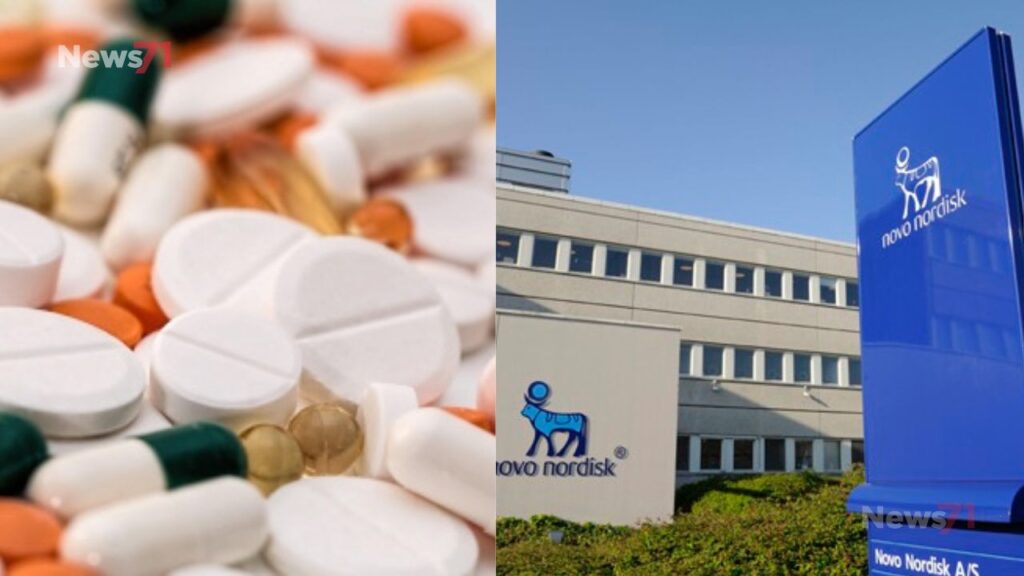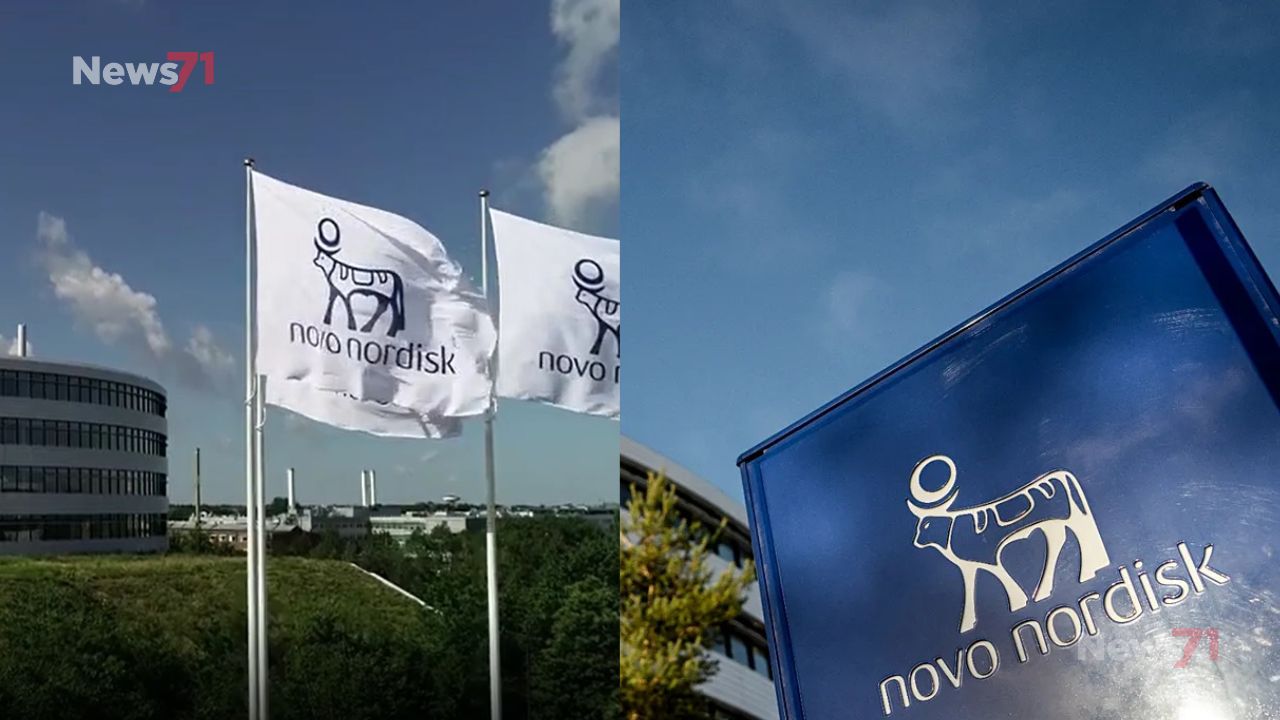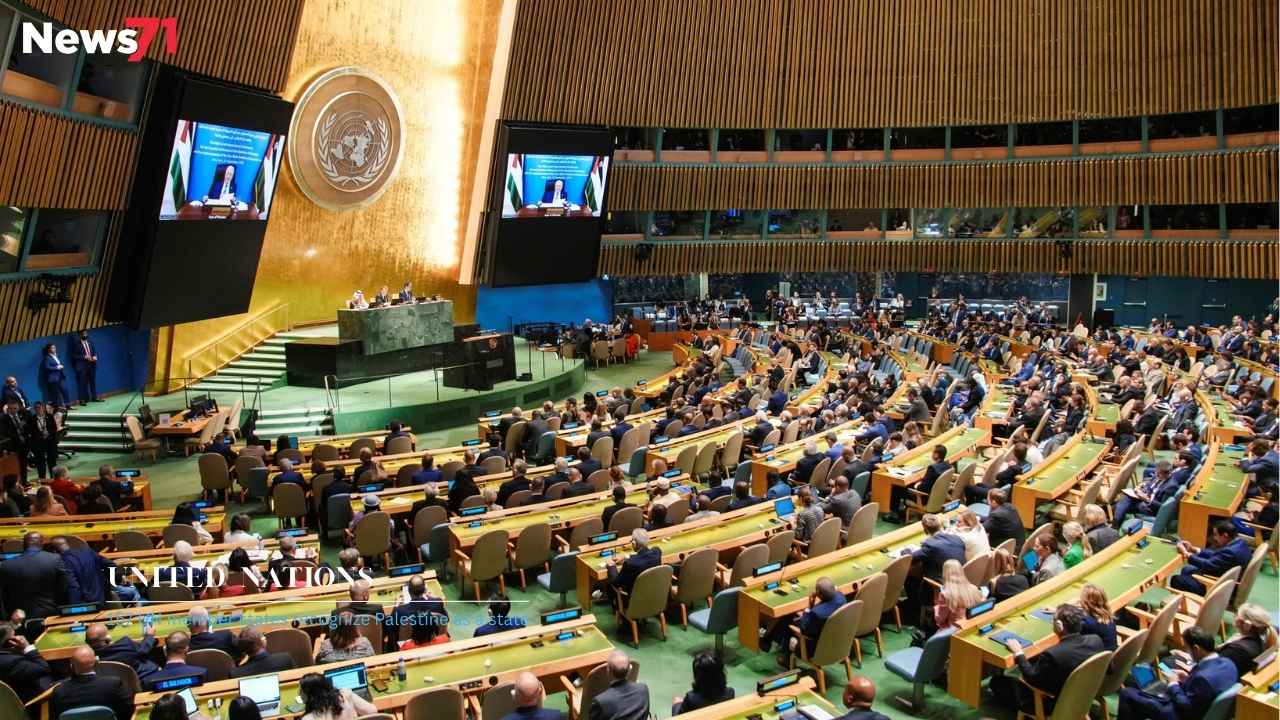European and Asian Pharma Shares Drop, Shares of pharmaceutical companies across Europe and Asia saw notable declines on Friday after U.S. President Donald Trump announced a 100% tariff on branded drug imports effective October 1, unless the manufacturers had already started building production facilities in the U.S.
Markets had anticipated some form of tariffs on pharmaceutical imports, but firms with heavy exposure to the U.S. market were hit hardest. Japan’s Sumitomo Pharma dropped 3.5%, while Australia’s CSL plunged to a six-year low amid concerns over revenue impacts. Analysts note that the tariffs apply specifically to branded medications, leaving generics largely unaffected—a factor that mitigates some risk for Asian and Indian manufacturers.
Lorraine Tan, Director of Equity Research for Asia at Morningstar, suggested the final tariff could end up lower than initially announced, but admitted that short-term uncertainty could weigh on stock performance. Citi Wealth’s Ken Peng added that the biggest impact would likely be on European pharmaceutical companies exporting finished branded products to the U.S., while generic-focused companies in China and India would remain mostly insulated.
European and Asian Pharma Shares Drop Following Trump’s 100% Drug Tariffs

Data from U.N. Comtrade shows that around 60% of U.S. pharmaceutical imports in 2024 came from the European Union, with Switzerland contributing another 9%. In response, many European and Asian pharma companies, including AstraZeneca, Roche, Eli Lilly, Johnson & Johnson, Novartis, and Sanofi, have already announced multi-billion-dollar investments in U.S. manufacturing plants to reduce tariff exposure.
However, building and certifying a new U.S. facility is expected to take at least five years, not accounting for supply chain and labor constraints. A source at a Taiwan-based drugmaker remarked that while the tariffs apply globally rather than country-specific, patients could ultimately be the biggest losers if prices rise due to import restrictions.
ALSO READ: Jimmy Kimmel Hits Back at Trump in High-Rating Post-Suspension Show
In early European trading, Swiss pharma giants Lonza, Novartis, and Roche fell around 1.2%, while Germany’s Bayer and Merck declined 1.5% and 1.1%, respectively. In Asia, Otsuka Holdings dropped 2.9%, Daiichi Sankyo 2%, whereas Takeda Pharmaceutical, with its largest manufacturing base in the U.S., finished marginally down by 0.1%. Hong Kong’s Hang Seng Biotech Index fell about 1.5%.
India’s pharmaceutical index also experienced a 2% drop, led by Sun Pharmaceutical Industries declining 3%, despite the country’s strong generics presence. In Australia, CSL shares closed 1.9% lower, after dropping as much as 5% in early trade, even though the company stated that its significant U.S. manufacturing footprint would mitigate the tariffs’ effects.
Government officials in Australia and other regions continue to assess the broader implications of these unprecedented tariffs, weighing their potential impact on exports, manufacturing, and global supply chains.
The new U.S. tariffs underscore growing trade tensions that are forcing European and Asian pharma companies to rethink global production strategies, highlighting the challenges of maintaining profitability while ensuring access to critical medicines for patients worldwide.






